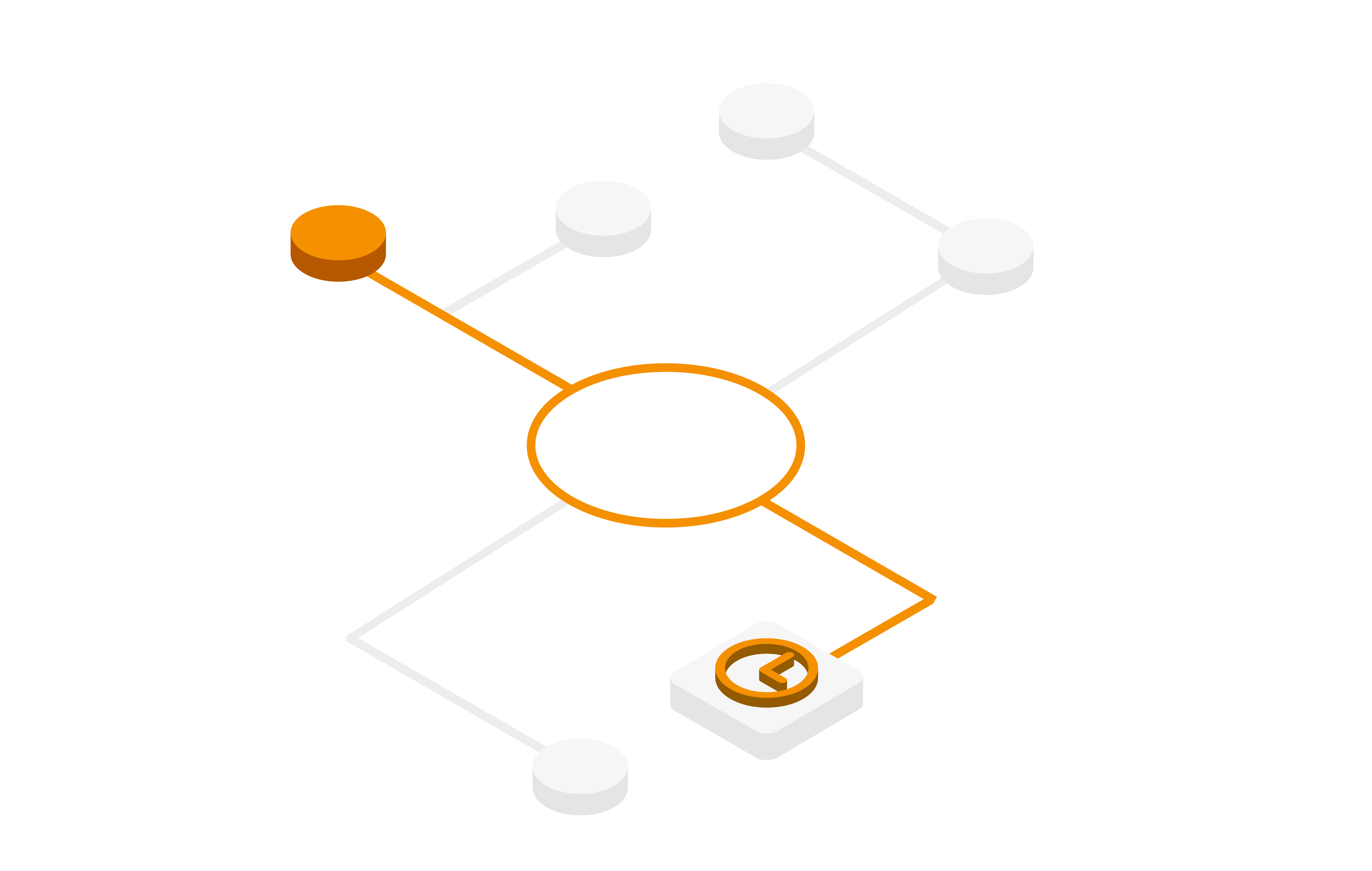The new popup style UI, which implements the OpenID User Interface Extension Specification, is designed to streamline the federated login experience for users. Specifically, it's designed to ensure that the context of the Relying Party website is always available and visible, even in the extreme case where a confused user closes the Google approval window. JanRain, a provider of OpenID solutions, is an early adopter of the new API, and already offers it as part of their RPX product. As demonstrated by UserVoice using JanRain's RPX, the initial step on the sign-in page of the Relying Party website is identical to that of the "full page" version, and does not require any changes in the Relying Party UI.User experience continues to be one of our key priorities for the community and foundation this year, and progress like seeing Google and JanRain ship the first implementation of the OpenID popup flow is demonstrating that we've been able to seize the momentum coming into this year and make real progress in a short period of time. We're looking forward to discussing this and other initiatives at the Internet Identity Workshop this coming Monday.
Once the user selects to sign in using his or her Google Account, the Google approval page is displayed. However, it does not replace the Relying Party's page in the main browser window. Instead it is displayed as a popup window on top of it. We have updated our Open Source project to include a complete Relying Party example, providing code for both the back-end (in Java) and front-end (javascript) components.
Once the user approves the request, the popup page closes, and the user is signed in to the Relying Party website.

© Copyright | OpenID Foundation | All Rights Reserved l Read our Privacy Policy
Adjust Cookie Setting
To provide the best experiences, we use technologies like cookies to store and/or access device information. Consenting to these technologies will allow us to process data such as browsing behavior or unique IDs on this site. Not consenting or withdrawing consent, may adversely affect certain features and functions.